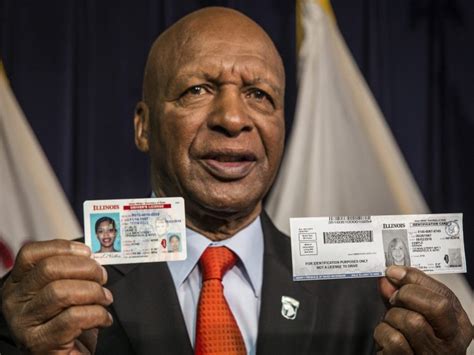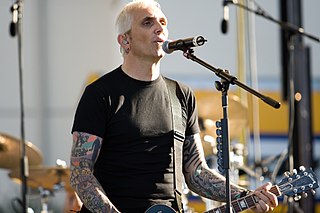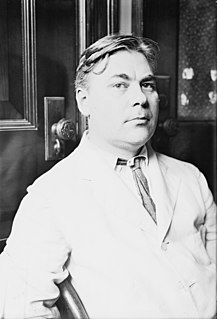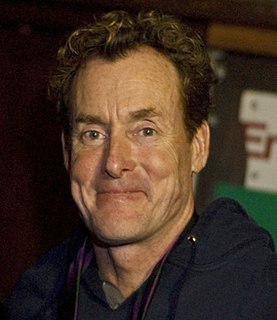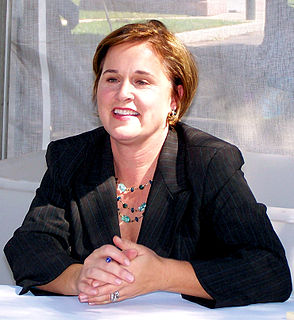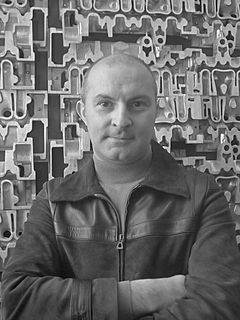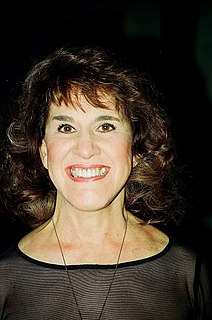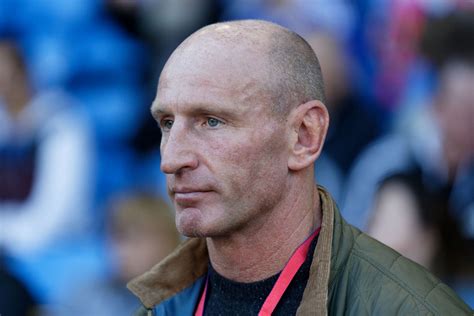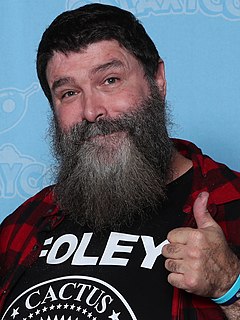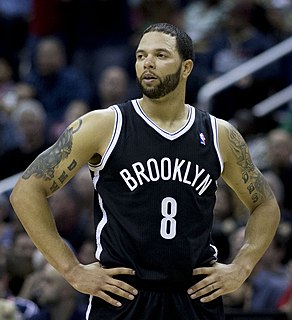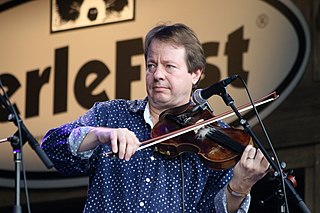Top 1200 Parent Child Relationship Quotes & Sayings - Page 2
Explore popular Parent Child Relationship quotes.
Last updated on April 16, 2025.
With demands for special education or standardized test prep being shouted in their ears, public schools can't always hear a parent when he says: 'I want my child to be able to write contracts in Spanish,' or, 'I want my child to shake hands firmly,' or, 'I want my child to study statistics and accounting, not calculus.
With demands for special education or standardized test prep being shouted in their ears, public schools can't always hear a parent when he says: 'I want my child to be able to write contracts in Spanish,' or, 'I want my child to shake hands firmly,' or, 'I want my child to study statistics and accounting, not calculus.'
When parents see their children's problems as opportunities to build the relationship instead of as negative, burdensome irritations, it totally changes the nature of parent-child interaction. Parents become more willing, even excited, about deeply understanding and helping their children. . . . This paradigm is powerful in business as well.
When your child stops breathing 60 times a night, you don't worry about what's going on next year or even next week. You put aside thoughts about which preschool you're going to enroll him in and focus on how he's doing right now. It's not the Norman Rockwell relationship that you sign on for when becoming a parent.
The protection of a ten-year-old girl from her father's advances is a necessary condition of social order, but the protection of the father from temptation is a necessary condition of his continued social adjustment. The protections that are built up in the child against desire for the parent become the essential counterpart to the attitudes in the parent that protect the child.
Parenting can be established as a time-share job, but mothers are less good "switching off" their parent identity and turning to something else. Many women envy the father's ability to set clear boundaries between home and work, between being an on-duty and an off-duty parent.... Women work very hard to maintain a closeness to their child. Father's value intimacy with a child, but often do not know how to work to maintain it.
My son's dad is committed, and involved, and amazing. We're actually really good friends. But I think it's dangerous to speak negatively to the child about your ex or the absent parent, because, believe it or not, they learn very quickly who the other parent is. And it's important that they develop their own attitudes and opinions about that other parent based on their experiences, not based on what someone has said about them.
A mother should have some fantasy about her child's future. It will increase her interest in the child, for one thing. To turn the fantasy into a program to make the child fly an airplane across the country, for example, isn't the point. That's the fulfillment of the parent's own dreams. That's different. Having a fantasy - which the child will either seek to fulfill or rebel against furiously - at least gives a child some expectation to meet or reject.
This is the hope of many adolescent girls--to capture a parent's heart with love for them as they are, as people. They reject thenotion of being loved just because they are the child of the parent. They want the parent to fall in love with them all over again, because being new, they deserve a new love.





